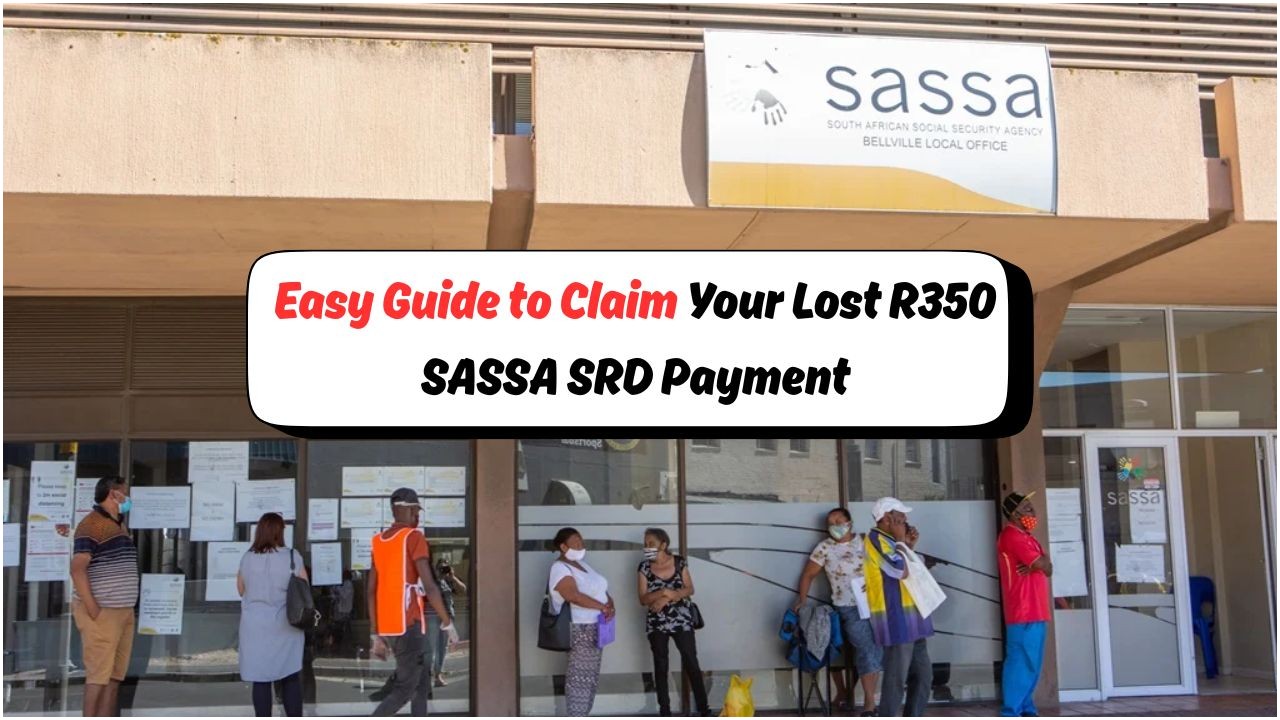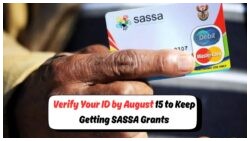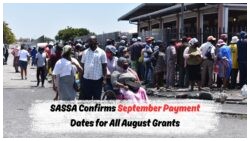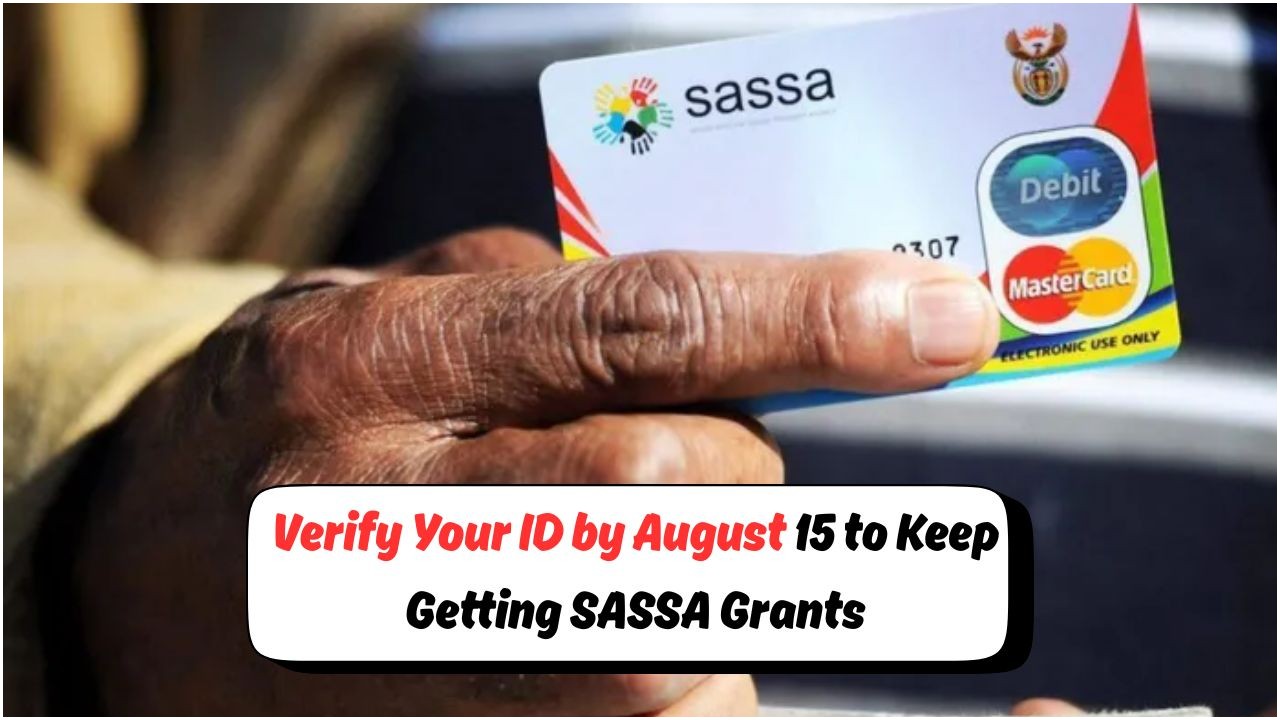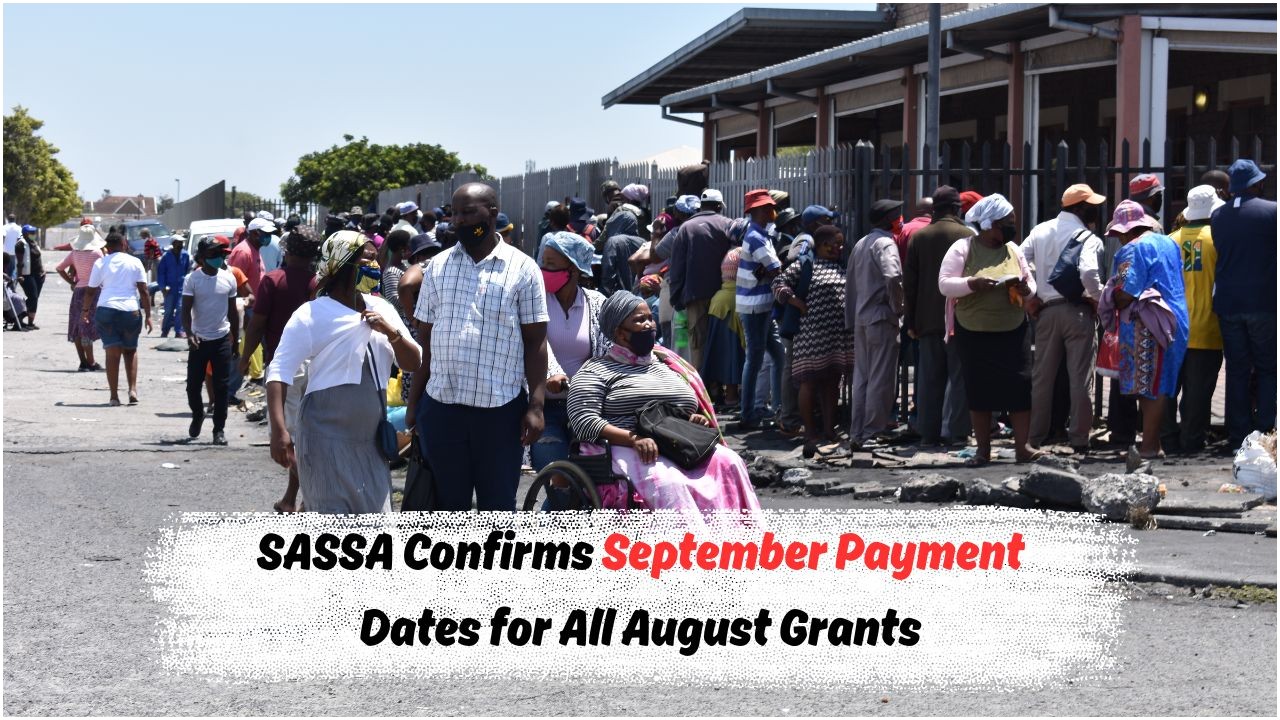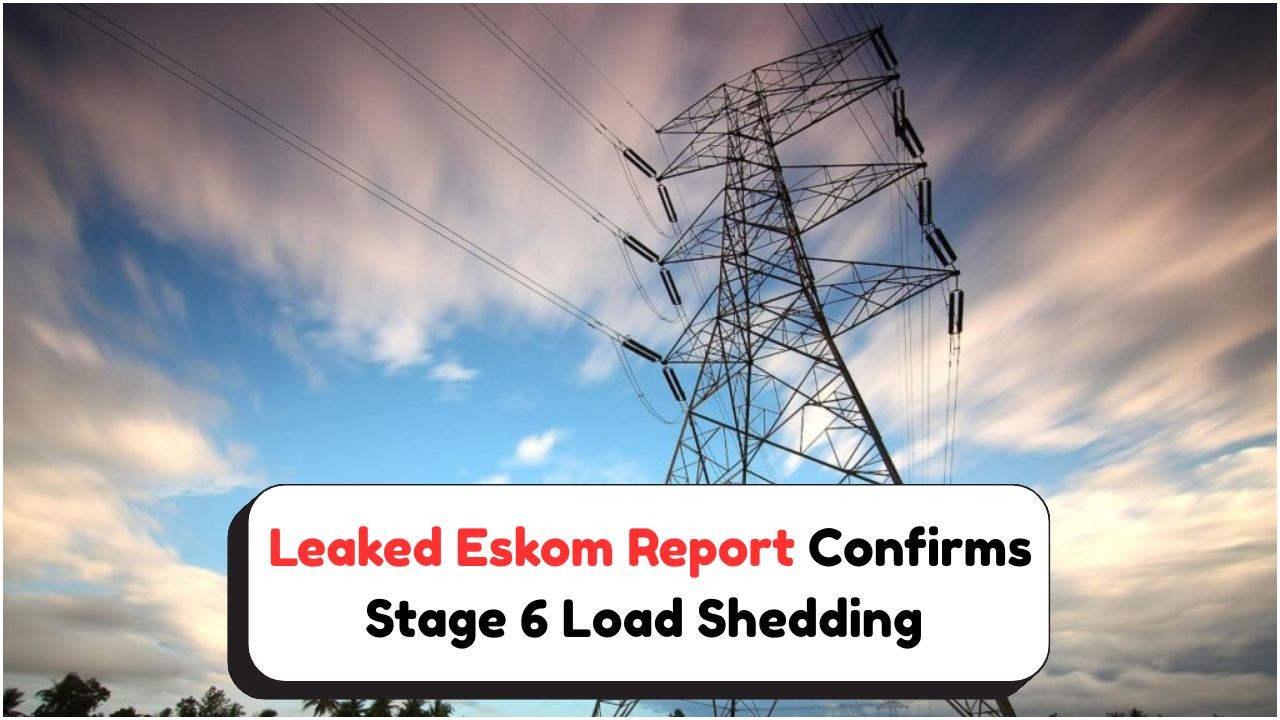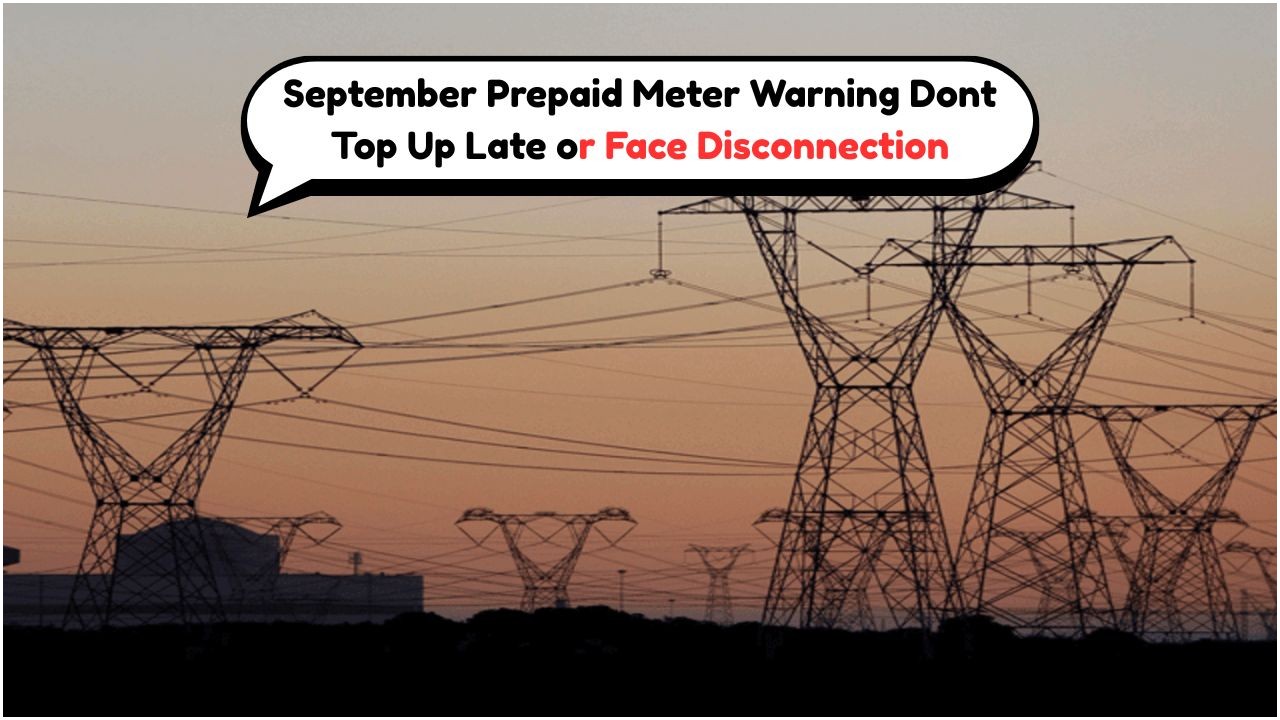Missing R350 Payment?: Many South Africans rely on the SASSA SRD grant to make ends meet each month, and missing out on even one payment can cause significant distress. If you find yourself in this situation, you are not alone. Understanding the steps to reclaim your missing R350 payment can alleviate much of the stress involved. From clarifying eligibility requirements to exploring the appeal process, knowing exactly what to do is crucial in ensuring you receive the support you need. This guide will walk you through the necessary steps to recover your funds, allowing you to focus on what’s important: meeting your daily needs.
Understanding the SASSA SRD Grant and Eligibility Requirements
The Social Relief of Distress (SRD) grant, commonly referred to as the R350 grant, was introduced by the South African Social Security Agency (SASSA) to support citizens during challenging economic times. To qualify for this grant, you must meet specific criteria set forth by SASSA. This includes being a South African citizen, permanent resident, or refugee registered with SASSA, and you must be unemployed without any form of income. It is crucial to ensure that all provided personal details are accurate and up-to-date, as discrepancies can lead to payment issues. Additionally, understanding that the grant is not intended for individuals receiving any other form of government financial support is vital. Maintaining awareness of these eligibility requirements can prevent future issues and ensure that you remain in good standing with SASSA.
Steps to Reclaim Your Missing R350 Payment from SASSA
Should you find yourself missing an R350 payment, there are several steps to follow to recover these funds. First, verify your application status through the SASSA website or its official app, where you can track the progress and see if there have been any issues reported with your payment. If the status indicates a problem, you may need to update your personal information or resubmit any required documentation. If everything appears to be in order, but you still haven’t received your payment, contacting SASSA through their official communication channels is the next step. They can provide detailed information regarding the cause of the delay. It’s essential to keep records of all correspondences with SASSA, including dates and the names of individuals you speak with, as this information may be useful if you need to escalate the issue further.
Appealing a Denied SASSA SRD Grant Application
If your application for the SASSA SRD grant has been denied, you have the right to appeal the decision. The appeal process is straightforward but requires attention to detail and prompt action. Start by reviewing the reasons for denial, which can be found on your application status page. Common reasons include discrepancies in your personal information or failure to meet eligibility criteria. Once you understand the reason, gather any necessary documentation to support your appeal. This might include proof of unemployment or updated identification records. Submit your appeal through the designated SASSA portal, ensuring all documents are clear and legible. It’s important to regularly check your appeal status and respond promptly to any requests for additional information. Patience and persistence are key, as the appeal process can take time, but staying informed and proactive will increase the chances of a successful outcome.
Ensuring Consistent SASSA SRD Grant Payments in the Future
To avoid issues with future SASSA SRD payments, it is vital to keep your personal information current and maintain awareness of any changes in grant policies. Regularly log into the SASSA portal to verify that all your details are up-to-date, especially if there have been changes in your employment status or personal circumstances. Additionally, staying informed about any announcements from SASSA regarding the SRD grant can prevent misunderstandings and ensure you continue to meet eligibility requirements. Engaging with community forums or support groups can also provide valuable insights and updates about the grant process. By taking a proactive approach, you can mitigate the risk of missed payments and ensure that the financial support you depend on remains uninterrupted.
